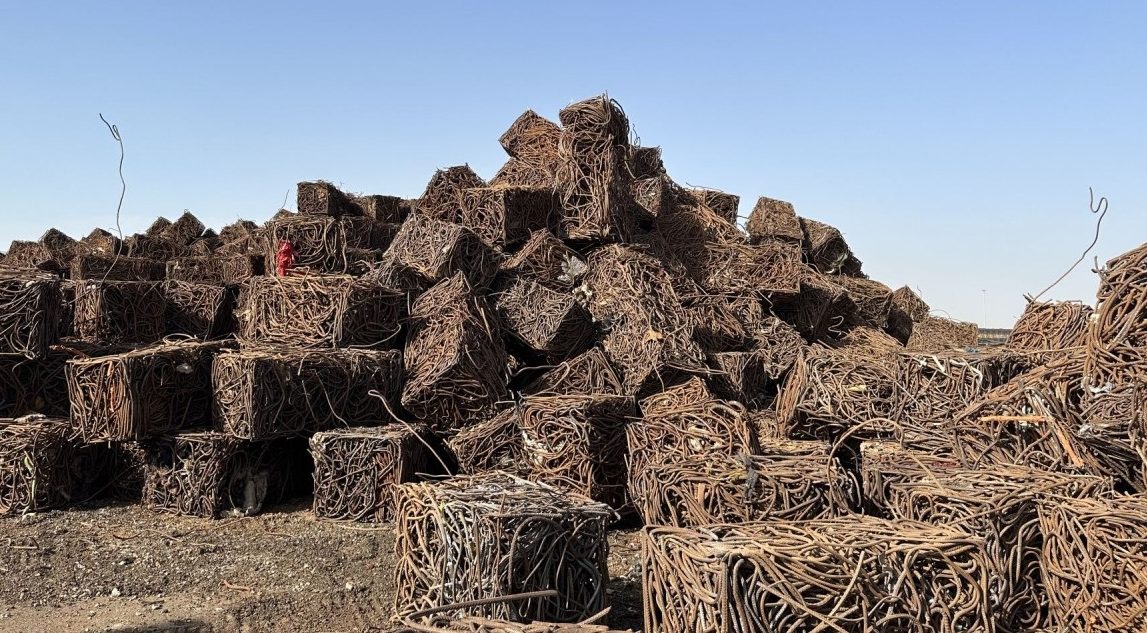In the evolving recycling landscape, scrap metal compactor machines are pivotal in managing waste and extracting value from discarded materials. These machines, which compress various types of scrap metal into smaller, manageable forms, are essential for efficient recycling operations.
Understanding scrap metal compactors’ significance and investment potential becomes crucial as businesses and societies intensify their focus on sustainability and resource conservation.
The Role of Scrap Metal Compactor Machines
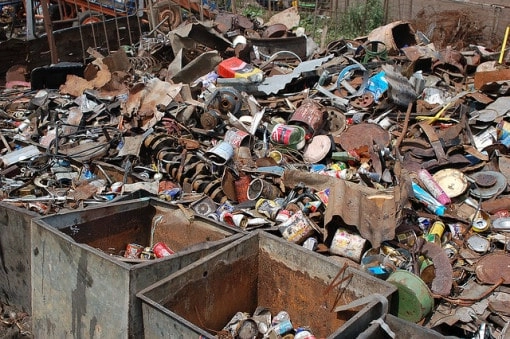
Scrap metal compactor machines streamline recycling by compressing loose scrap into more manageable bales or blocks.
This process has several critical impacts:
- Volume Reduction: Compactors reduce the volume of scrap metal, saving space and lowering transportation costs, especially in urban areas where space is at a premium.
- Efficient Transport and Handling: Uniform bales from compactors simplify handling and transport, making logistics safer and more cost-effective.
- Streamlining Recycling Operations: Compacted scrap is more accessible to sort, process, and integrate into manufacturing, speeding up recycling operations and reducing labor costs.
- Marketability: Compacted scrap is cleaner, more accessible to weigh, and integrates more seamlessly into recycling markets.
- Environmental Impact: Compacting scrap reduces the ecological footprint of recycling processes by minimizing transportation and storage impacts.
Market Trends Affecting Scrap Metal Compactors
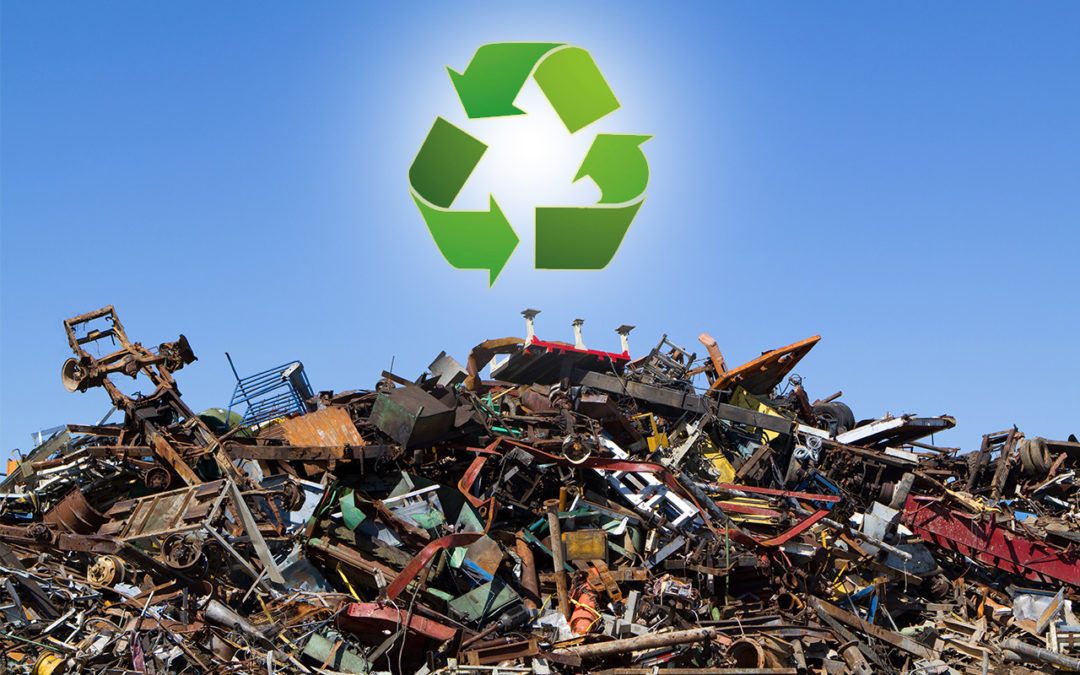
The scrap metal compactor market is influenced by several global trends that impact both the demand for and the efficiency of these machines:
1. Global Economic Conditions
The demand for scrap metal is closely tied to global economic conditions. Economic growth drives construction and manufacturing, increasing the demand for metal and, consequently, scrap metal compactors. Conversely, economic downturns may reduce demand, affecting the scrap metal industry.
2. Technological Advancements
Innovations in compactor technology, such as improved hydraulic systems and smarter, more energy-efficient designs, are making these machines more appealing. Advanced compactors offer lower operational costs and higher efficiency, which are crucial in competitive markets.
3. Regulatory Changes
Environmental regulations are becoming stricter, pushing companies towards more sustainable practices. This trend increases the need for efficient recycling machinery, including scrap metal compactors, that help reduce the overall environmental footprint of metal recycling operations.
4. Fluctuating Metal Prices
The prices of various metals can fluctuate significantly due to market dynamics, affecting the profitability of recycling operations. When metal prices are high, scrap metal becomes more valuable, increasing the demand for compacting equipment to maximize returns.
5. Recycling and Environmental Awareness
There is a growing global emphasis on sustainability and waste reduction. This cultural shift promotes the use of recycling equipment and technologies, including scrap metal compactors, as more businesses and municipalities invest in improving their recycling capabilities.
Cost-Benefit Analysis of Scrap Metal Compactors
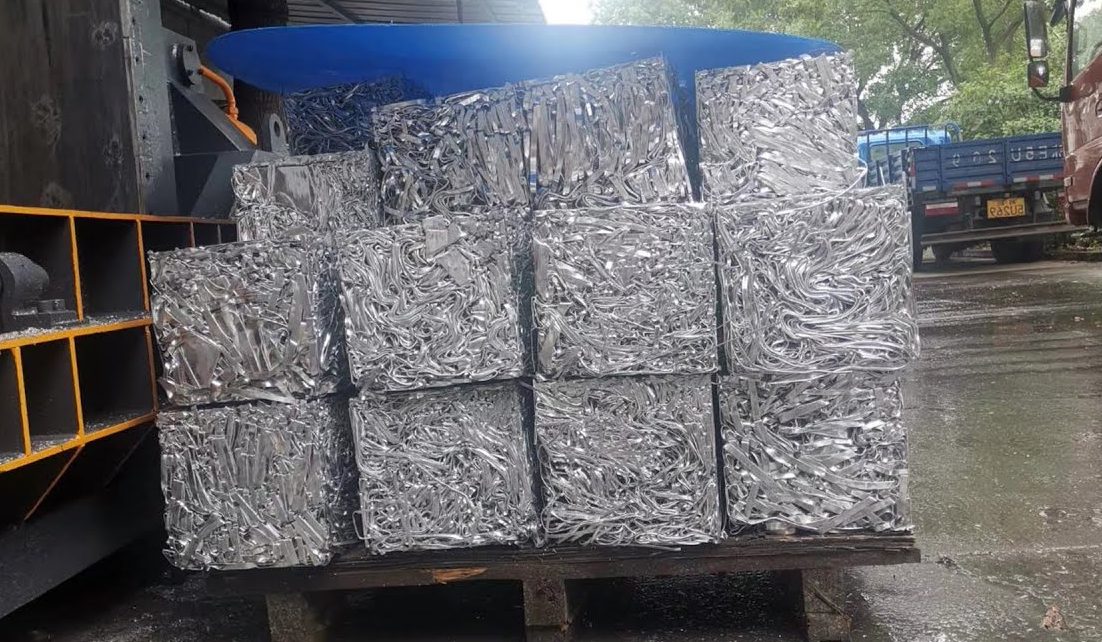
Investing in a scrap metal compactor can bring significant economic benefits to recycling operations, but weighing these against the initial and ongoing costs is essential.
Here’s a breakdown of the cost-benefit analysis for scrap metal compactors:
1. Initial Investment:
The upfront cost of purchasing a scrap metal compactor can be substantial. Prices vary depending on the machine’s size, capacity, and features. However, long-term savings and revenue generation often justify this initial investment.
2. Operational Costs:
Running a compactor involves energy consumption, maintenance, and potential repair costs. Modern compactors are designed to be energy-efficient, which can help mitigate some of these expenses. Regular maintenance is crucial to avoid costly breakdowns and prolong the machine’s lifespan.
3. Labor Savings:
Compactors automate much of the process of preparing scrap metal for recycling, which can significantly reduce labor costs. Fewer workers are needed to handle and process scrap, and the work can be completed more quickly and with less effort.
4. Increased Revenue:
By compacting scrap metal, businesses can reduce transportation costs, as more material can be transported in one trip. Compacted metal is also often more valuable than loose scrap because it is easier for recyclers to handle and process.
5. Environmental Incentives:
Many governments offer incentives for businesses to invest in equipment that reduces environmental impact. Tax breaks, grants, or subsidies can offset the cost of a new compactor and promote sustainable practices.
6. Space Efficiency:
Compactors reduce the volume of scrap metal, requiring less space for storage. This can free up valuable real estate within a facility for other uses or reduce the size of the needed storage area, leading to cost savings in facility management.
Environmental Impact of Scrap Metal Compactors
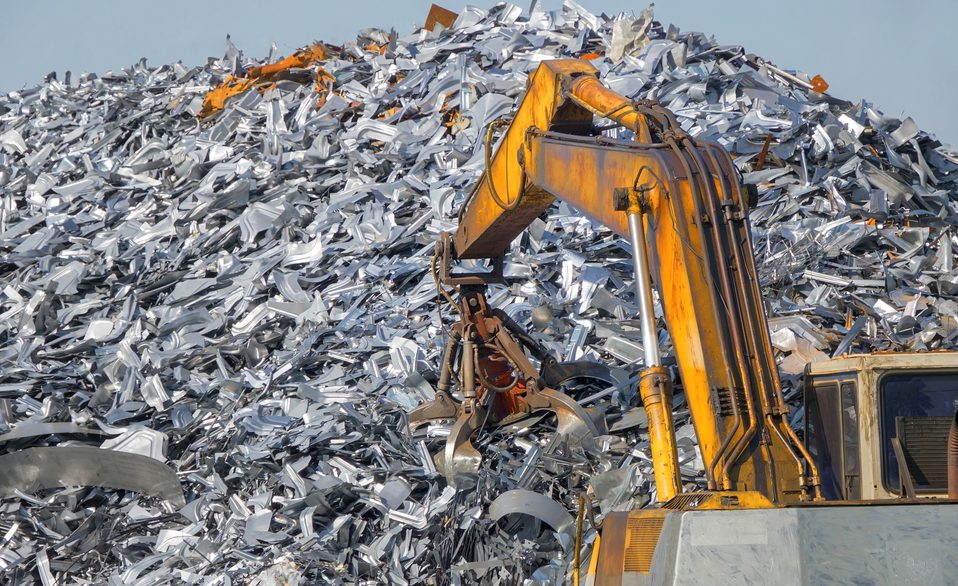
Scrap metal compactors play a significant role in enhancing environmental sustainability in the recycling industry.
Here’s how they contribute:
1. Reduction in Landfill Use
By compacting metal scraps into smaller, more manageable bales, these machines reduce the volume of waste. This compacted form is more accessible to recycle and less likely to end up in landfills, conserving landfill space and reducing soil and groundwater contamination.
2. Energy Conservation
Recycling metals using compactors requires significantly less energy than producing metals from raw ore. Compacted metals are more efficiently melted down and reused, which conserves energy and reduces greenhouse gas emissions associated with mining and metal production.
3. Resource Preservation
Metal recycling through compactors helps preserve natural resources by reducing the need for new metal extraction. This not only conserves the resources themselves but also the ecosystems affected by mining activities.
4. Reduction in Transportation Emissions
Since compactors reduce the volume of metal waste, more material can be transported in fewer trips. This efficiency decreases the carbon emissions of transporting loose scrap metal over long distances.
5. Improved Recycling Efficiency
Compactors increase the efficiency of the recycling process by preparing metals in a form that is easier to handle, sort, and melt. This streamlined process reduces the overall carbon footprint of recycling operations.
Technological Advancement
The field of scrap metal compactors has seen significant technological advancements that have enhanced both the efficiency and effectiveness of recycling operations.
| Feature | Older Models | Modern Machines |
|---|---|---|
| Automation | Manual controls | Advanced automation with PLC systems |
| Energy Efficiency | Higher energy use | Improved hydraulic systems for energy savings |
| Material Handling | Manual loading | Automated feeding and conveyors |
| Durability and Maintenance | Frequent maintenance required | Durable materials with accessible maintenance features |
| Integration | Standalone operation | Integrated with other recycling systems |
| Customization | Limited customization | Highly adaptable to different scrap types |
When to Invest in a Scrap Metal Compactor
Deciding when to invest in a scrap metal compactor involves considering several factors that affect both the timing and potential benefits of the investment.
Here are key considerations to guide the decision-making process:
1. Volume of Scrap
The amount of scrap metal your operation generates is a primary factor. If your current volume justifies the cost of a compactor through savings on transportation and handling, it might be time to invest.
2. Operational Costs
Evaluate your current operational costs related to scrap handling and disposal. If these costs are high due to frequent transportation, labor for manual handling, or renting compaction equipment, purchasing a compactor could be a cost-effective decision.
3. Space Constraints
Compactors can be highly beneficial for businesses operating in limited space. They reduce the footprint needed for scrap storage, freeing up space for other operational needs.
4. Environmental Goals
If your company aims to enhance its sustainability practices, investing in a compactor can help reduce your carbon footprint and align with environmental regulations, potentially qualifying your business for green incentives.
5. Market Conditions
The market prices for scrap metal can influence the timing of your investment. High market prices might enhance the ROI of purchasing a compactor, as compacted scrap often fetches a higher price due to its convenience to buyers.
6. Technological Advancements
With rapid advancements in compactor technology, investing in a newer model that offers better efficiency, lower energy consumption, and advanced features that can handle diverse types of metal waste might be beneficial.
7. Financial Health
Assess the financial health of your business. Ensure that investing in a compactor will not over-leverage your finances. Consider financing options or leasing equipment if a direct purchase is not feasible.
8. Long-term Business Strategy
Align the investment with your long-term business goals. If expansion, increased production, or a shift towards more extensive recycling operations is in your future, a compactor could be a strategic asset.

